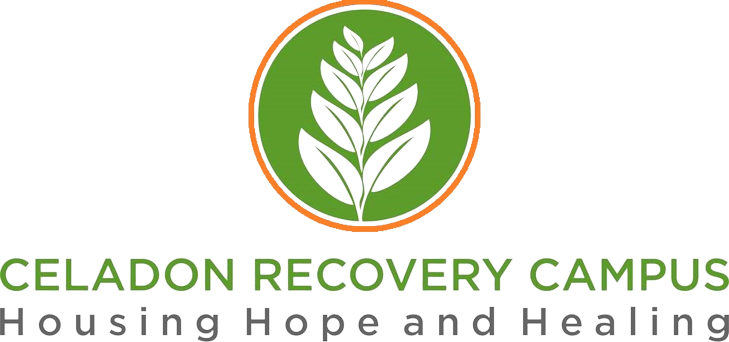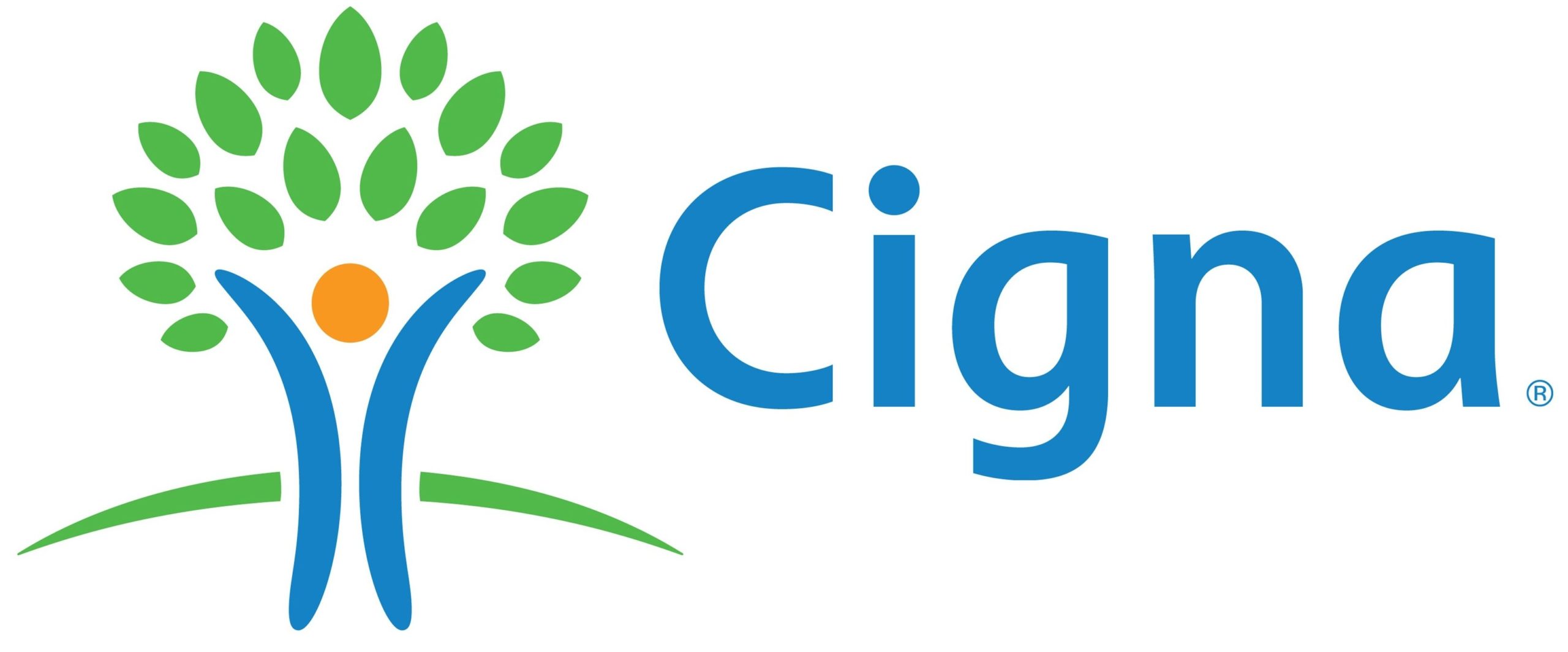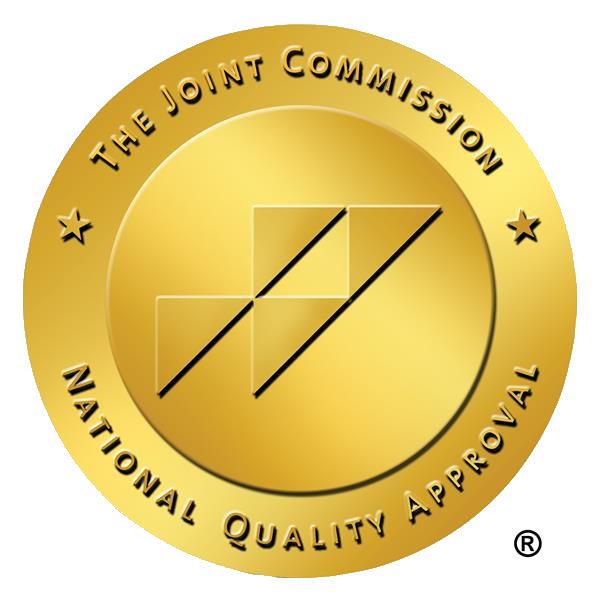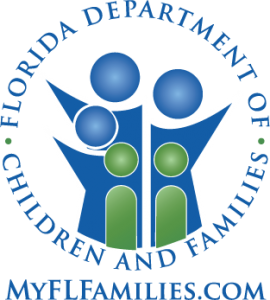Mental Health Disorders and Addiction: Breaking the Cycle

According to the National Institute on Drug Abuse (NIDA), there is a strong connection between mental health disorders and addiction. In fact, people who struggle with mental health disorders are more likely to develop substance use disorders, and vice versa. This is because individuals with mental health disorders may turn to drugs or alcohol to self-medicate, while substance abuse can also cause or exacerbate mental health issues.
Breaking the cycle of addiction and mental health disorders is crucial for overall well-being and recovery. Here are some strategies to help individuals break the addiction cycle and find lasting recovery:
Understanding the Connection Between Mental Health and Addiction
Mental health disorders and addiction are closely linked, and addressing both issues is essential for lasting recovery. In some cases, mental health disorders can contribute to substance abuse, while in other cases, substance abuse can lead to the development of mental health disorders. Let’s take a closer look at how these issues are connected and the treatment options available.
The Connection Between Mental Health and Addiction
Many people with mental health disorders turn to alcohol or drugs as a way to self-medicate and manage their symptoms. For example, someone with depression may use drugs to escape their feelings of sadness, while someone with anxiety may turn to alcohol to calm their nerves. While substance use may provide temporary relief, it ultimately exacerbates the underlying mental health issue and leads to a cycle of addiction.
On the other hand, substance abuse can also lead to the development of mental health disorders. Drug addiction and alcohol use can alter brain chemistry, leading to changes in mood, behavior, and cognitive function. This can trigger the onset of mental illness or worsen existing symptoms.
Regardless of which issue came first, it’s essential to address both mental health and substance abuse in order to achieve lasting recovery.
The Recovery Process
Recovery from mental health disorders and addiction is an ongoing process that requires dedication and commitment. Treatment typically begins with detox, a medically supervised process that helps individuals safely manage withdrawal symptoms as drugs or alcohol leave their system. From there, individuals may enter inpatient or outpatient treatment programs that are tailored to meet their unique needs.
Treatment options
may include individual and group therapy, cognitive-behavioral therapy, and medication-assisted treatment. Dual diagnosis treatment is also available for individuals who are struggling with both mental health disorders and substance abuse.
Support groups and a strong support network are also important for long-term recovery. This can include family members, friends, and peers who understand what you’re going through and can provide encouragement and accountability.
Relapse Prevention
Relapse is a common risk during the recovery process, but there are steps that can be taken to reduce the likelihood of relapse. This includes identifying triggers and developing healthy coping strategies for managing stress and other challenges.
Journaling can also be a helpful tool for tracking progress, identifying patterns, and reflecting on the recovery process. This can help individuals stay motivated and focused on their goals.
Addiction Treatment Programs
There are a variety of addiction treatment programs available to help individuals break the cycle of addiction. Inpatient treatment programs provide 24-hour care and support in a safe and structured environment, while outpatient programs allow individuals to receive treatment while still living at home. Dual diagnosis treatment is specifically designed for individuals who are struggling with both mental health disorders and substance use disorders, providing comprehensive care to address both issues.
Detox and Withdrawal Management
For individuals struggling with drug or alcohol addiction, detox is often the first step in breaking the addiction cycle. Detox involves safely and comfortably managing withdrawal symptoms, which can be uncomfortable and even dangerous without professional support.
Therapy and Support Groups
Therapy and support groups are important components of addiction treatment. Group therapy provides a supportive environment where individuals can connect with others who are going through similar experiences, while individual therapy allows individuals to work through personal issues with a licensed therapist. Support groups such as Alcoholics Anonymous (AA) and Narcotics Anonymous (NA) provide ongoing support and encouragement to individuals in recovery.
Relapse Prevention Strategies
Relapse prevention is a critical aspect of breaking the addiction cycle. It involves identifying and addressing risk factors for relapse, developing coping skills to manage triggers and stress, and creating a support network to provide ongoing support and encouragement. Journaling and other self-care activities can also be helpful in maintaining overall well-being.
The Importance of Seeking Help
Breaking the cycle of addiction and mental health disorders can be a difficult and overwhelming process, but it is possible with the right help and support. If you or a loved one is struggling with substance abuse or mental health issues, it’s important to seek professional help from a treatment center that is accredited by The Joint Commission, like Celadon Recovery. With the right treatment and support, it is possible to break the addiction cycle and find lasting recovery.
In conclusion, breaking the cycle of addiction and mental health disorders is crucial for overall well-being and recovery. With the right treatment and support, it is possible to break free from the cycle of addiction and find lasting recovery. If you or a loved one is struggling with substance abuse or mental health issues, reach out to a treatment center for help today.
How Our Addiction Treatment Program Can Help You
We understand that you have many treatment facility options. We also understand that looking into rehab treatment can feel overwhelming and scary.
At Celadon Recovery, we pride ourselves on providing premier care for our clients. With that, we’re confident in our dynamic approach to substance abuse treatment.
Our admissions team is here to answer any questions you may have. We’re standing by and ready for you. Don’t let the negative consequences of drinking take another day from you!










